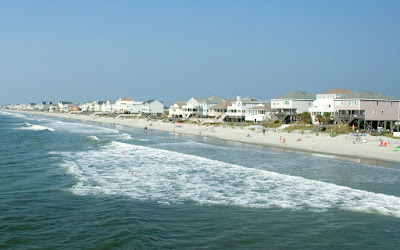 I've read a lot of Nazi-era history in the last 10 years, both fiction and non-fiction. Sometimes I think I've heard it all before. Then I stumble across a story of people who did right in the face of that evil, a tale of personal sacrifice and courage which seems to be forgotten by history. The story of an American couple, Waitstill and Martha Sharp, falls into that group.
I've read a lot of Nazi-era history in the last 10 years, both fiction and non-fiction. Sometimes I think I've heard it all before. Then I stumble across a story of people who did right in the face of that evil, a tale of personal sacrifice and courage which seems to be forgotten by history. The story of an American couple, Waitstill and Martha Sharp, falls into that group. In 1938, Waistill Sharp was a Unitarian minister in Massachusetts. He and his wife Martha, a social worker, had a full, busy life caring for their congregation and their community, as well as their own two young children. One night, Waistill received a call from Robert Dexter, the director the Department of Social Relations of the American Unitarian Association. The newly signed Munich Accord gave Hitler control of the Sudetenland. This piece of Czechoslovakia had strong ties to the Unitarian Church, and as Dexter recalled later, “I knew there would be untold suffering in the Nazi-occupied territories, and I was equally convinced that something should be done about it by those of us who felt we had an obligation to aid our friends who had been so betrayed.”
In 1938, Waistill Sharp was a Unitarian minister in Massachusetts. He and his wife Martha, a social worker, had a full, busy life caring for their congregation and their community, as well as their own two young children. One night, Waistill received a call from Robert Dexter, the director the Department of Social Relations of the American Unitarian Association. The newly signed Munich Accord gave Hitler control of the Sudetenland. This piece of Czechoslovakia had strong ties to the Unitarian Church, and as Dexter recalled later, “I knew there would be untold suffering in the Nazi-occupied territories, and I was equally convinced that something should be done about it by those of us who felt we had an obligation to aid our friends who had been so betrayed.”Seventeen people had already turned down Dexter's request for someone on the ground in Europe. Waistill and Martha talked about it and agreed. They'd go to Europe and do what they could.
So in February 1939, the Sharps traveled to occupied Czechoslovakia and later to occupied France. They stayed one step ahead of the Nazis to rescue dozens of at-risk Czechs and get them abroad. Later, they returned to Europe and shepherded people out of occupied France to safety and transport via Lisbon. The number of people saved by their efforts is unknown, in part because they destroyed all records of their travels and those involved. The estimate is in the hundreds. Because their efforts included Jews, the Sharps were posthumously awarded The Righteous Among the Nations by Yad Vashem.
A new PBS documentary by Ken Burns starring the voices of Tom Hanks and Marina Goldman now shares the Sharp's story with the world.



















